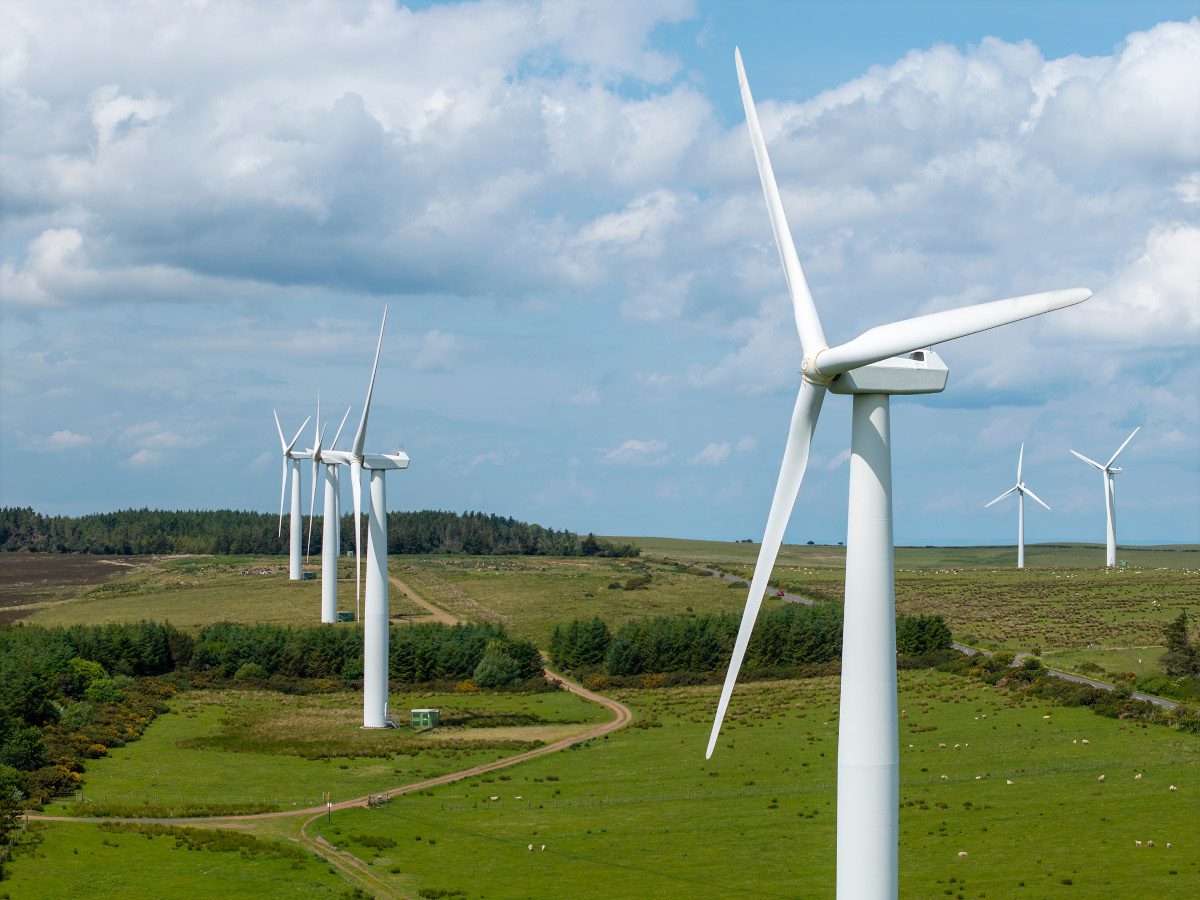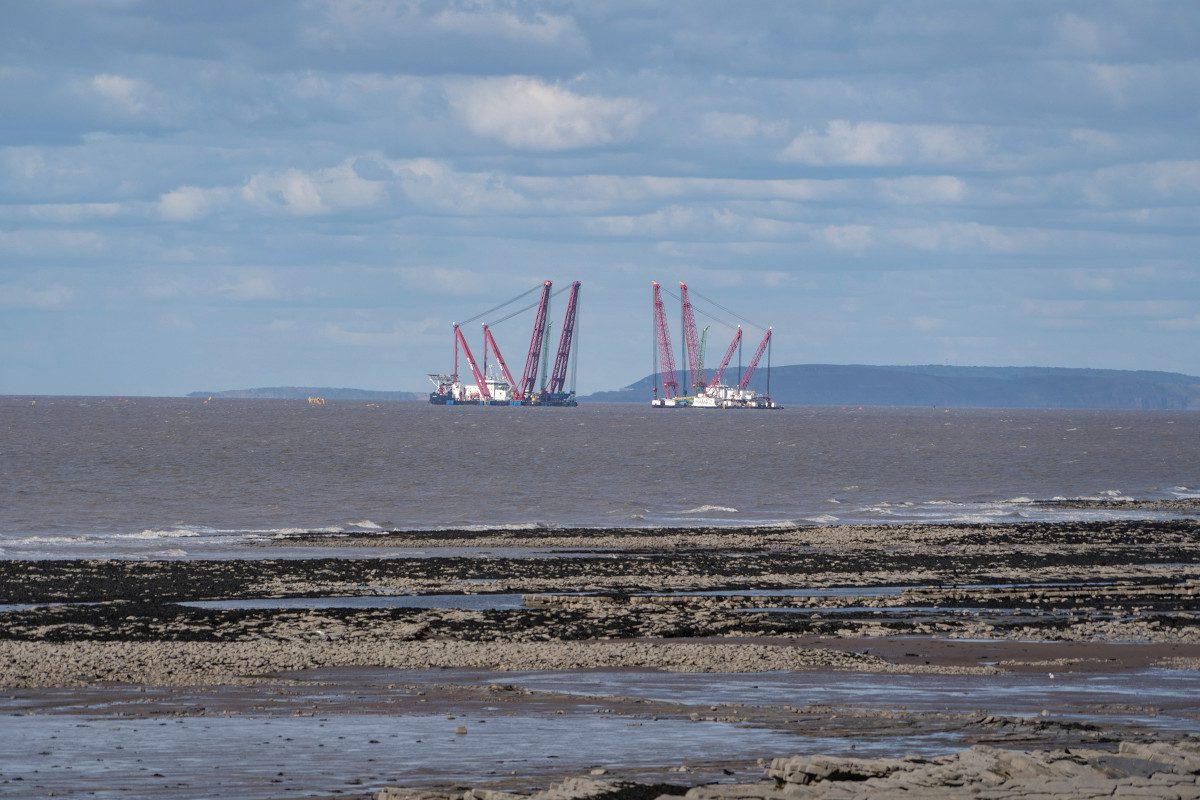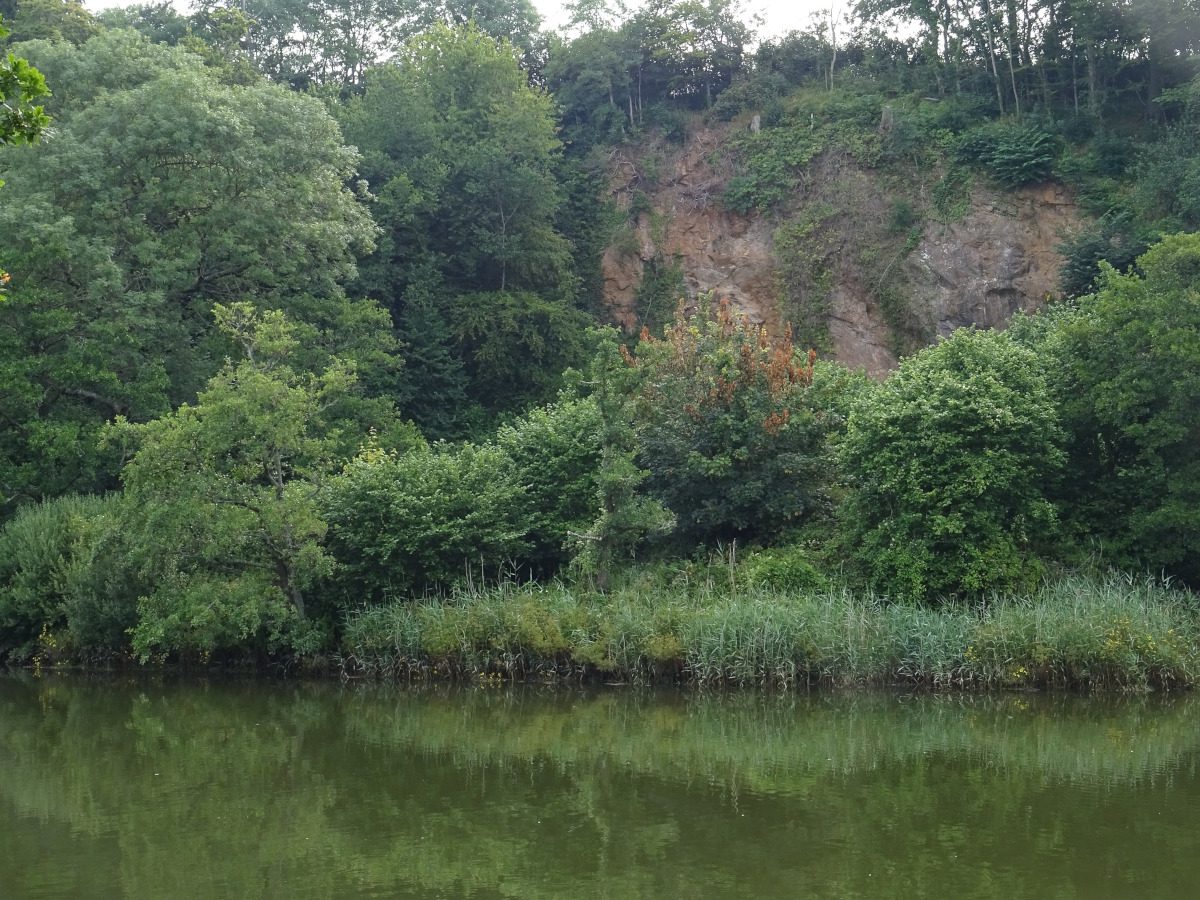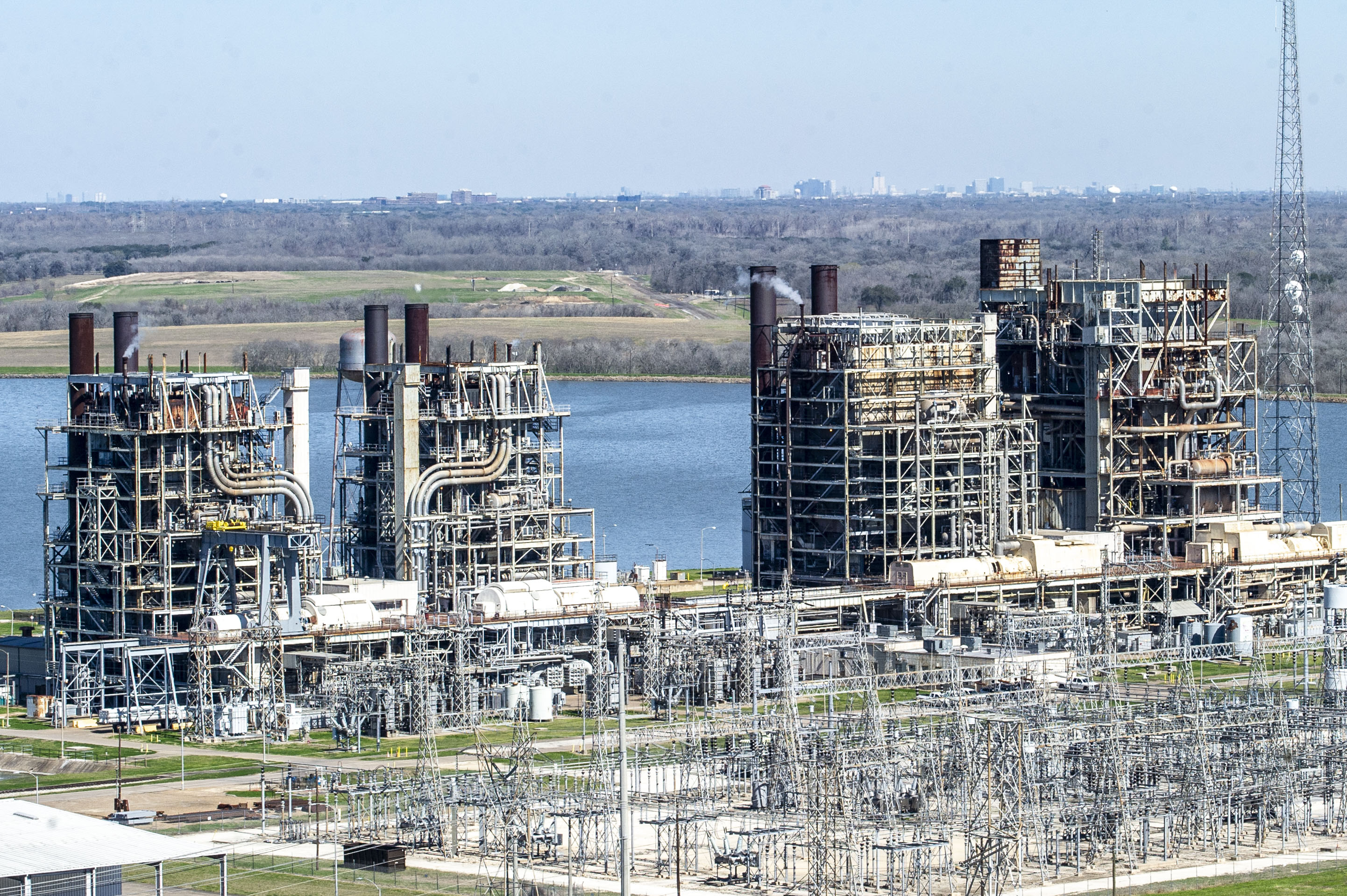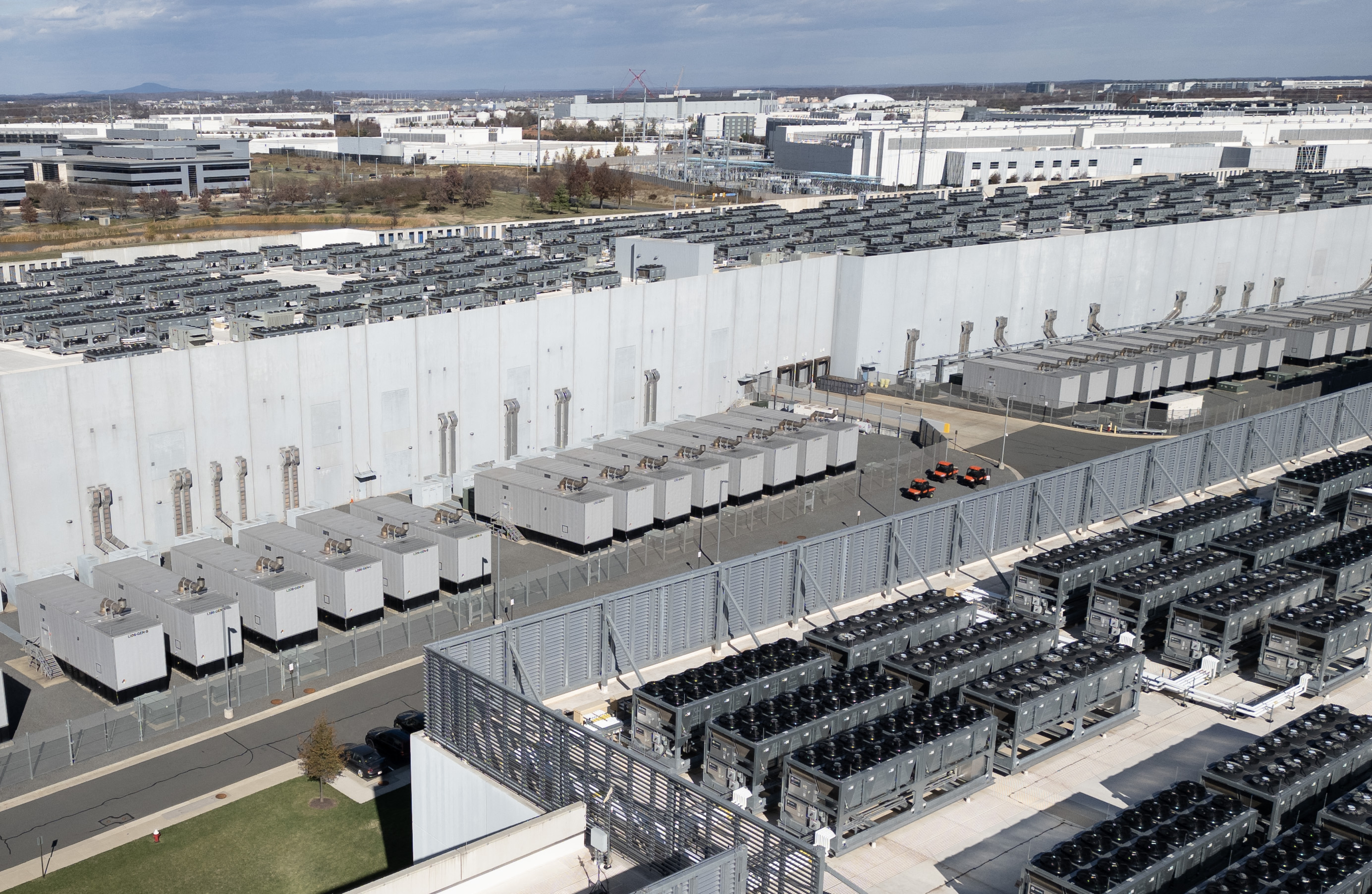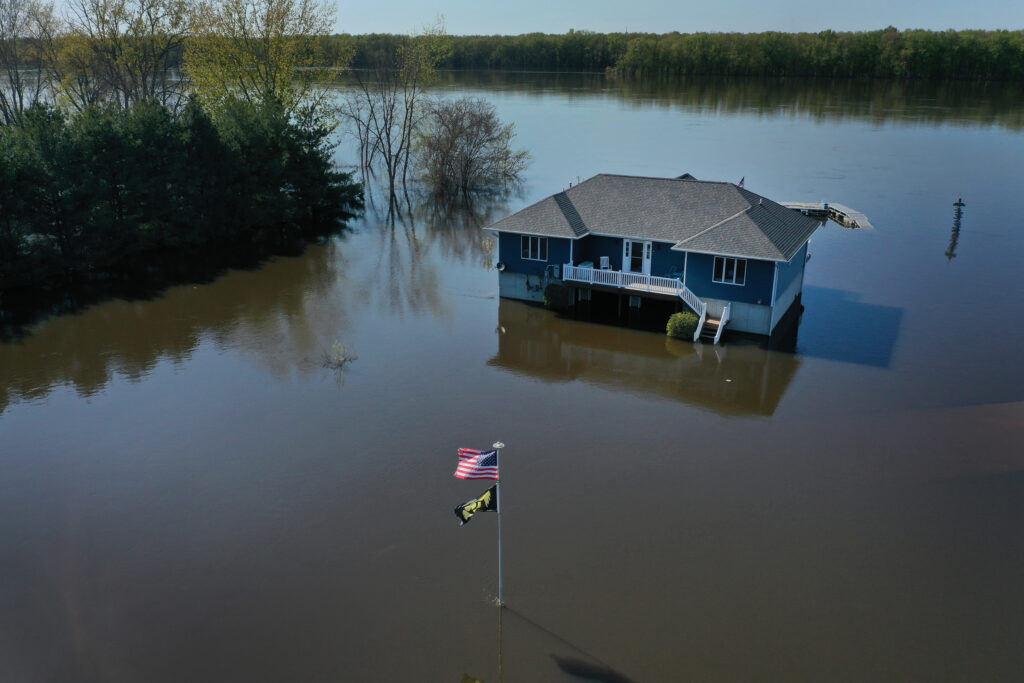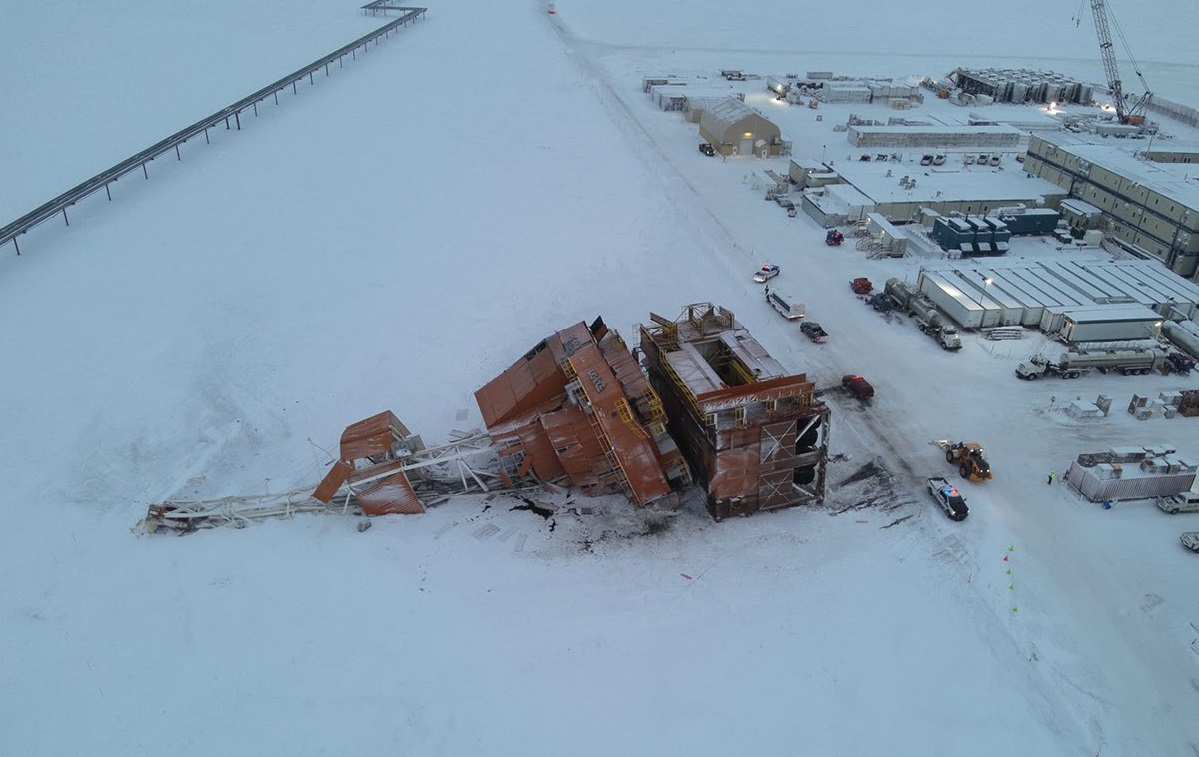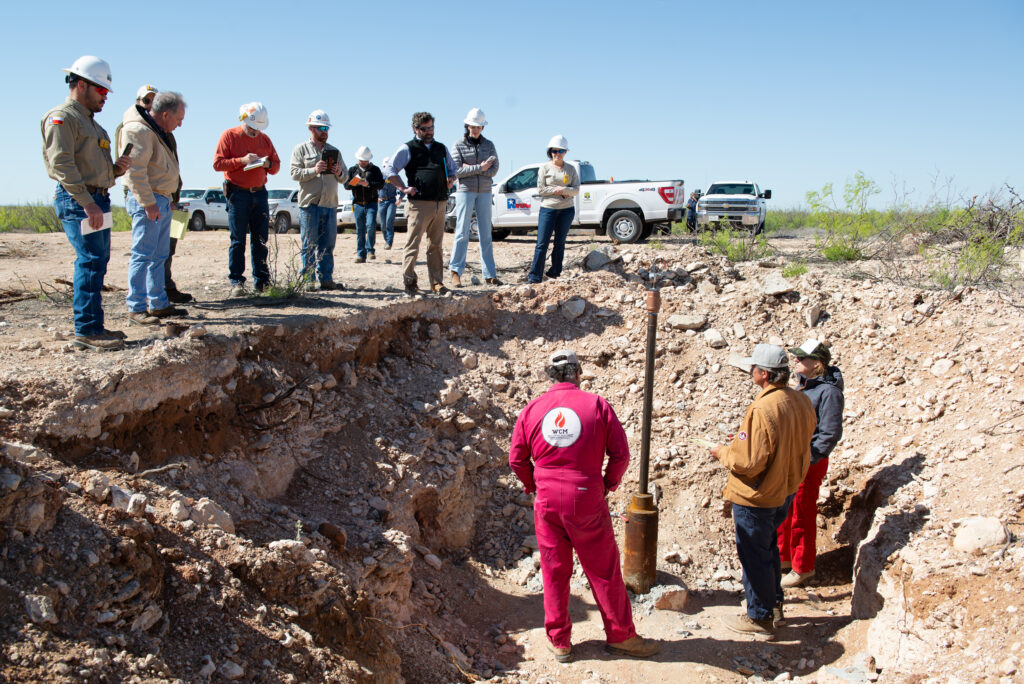Energy secretary Ed Milliband has announced plans to bring forward legislation that will raise political and procedural barriers against any resumption of fracking, one of the clearly signalled policy priorities of Reform UK.
He told attendees at the Labour Party Conference on 1 October: “Fracking will not take a penny off bills. It will not create long-term sustainable jobs. It will trash our climate commitments. And it is dangerous and deeply harmful to our natural environment.”
The legislation, which he said will be put forward as part of the North Sea transition plan due to be published this autumn, would mean future governments would have to repeal such a ban by an act of Parliament, if they wanted to resume the practice.
Shale gas extraction requires drilling using a high-pressure mixture of water, sand and chemicals, and has been linked to earthquakes in the UK.
A moratorium on the practice was imposed in 2019 by Boris Johnson’s government, following the recording of tremors linked to Cuadrilla’s Preston New Road site in Lancashire. It was briefly lifted in September 2022 by Liz Truss’s administration but no new fracking took place, and the ban was soon re-imposed when Sunak took over.
Responding to Milliband’s latest comments, Shahzad Ansari, Professor of Strategy and Innovation at Cambridge Judge Business School, who has co-authored a study on the historical fracking debate in Europe, suggested such a move follows a pattern established in France, which declared a ban in 2011, and Germany, which has followed a ‘restrict-and-study’ stance with test wells allowed, but commercial rollout stalled.
“Our study of fracking in France and Germany shows that these choices are shaped less by geology and economic returns than by national history, institutions and public mobilisation – and such public pressures are now very visible in Britain.”
Other commentators appeared eager to offer a fuller itemisation of the political pressures at work, including the fact of the UK’s currently having the most expensive industrial energy in the developed world, and among the highest domestic energy prices. Andy Mayer, Energy Analyst at the free market think tank the Institute of Economic Affairs, observed: “The UK is a net importer of oil and gas and will continue to use these resources for energy for many decades to come.”
“Banning the extraction of our own reserves or techniques like fracking doesn’t change that; it just makes their consumption more expensive and polluting.
He suggested Milliband’s pledges to deliver more affordable energy amounted to “sleight of hand”, and “moving policy costs from bills to taxes.”




